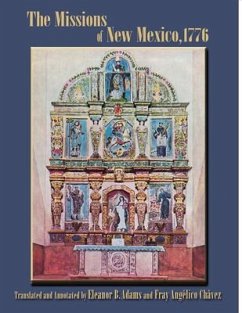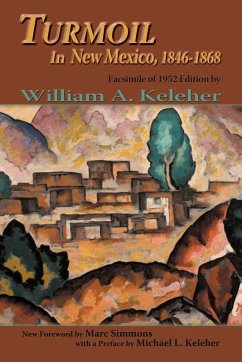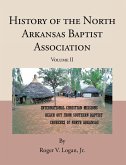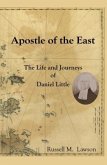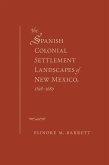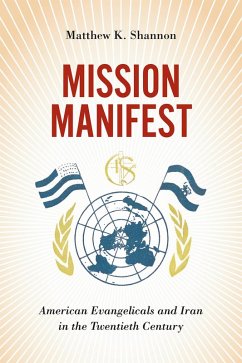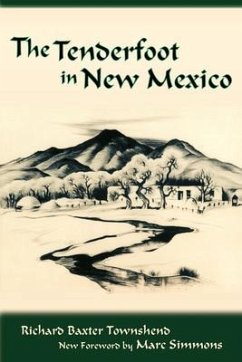Fray Francisco Atanasio Domínguez, canonical inspector of the missions of New Mexico in 1776, compared most everything in New Mexico to Mexico City, "the delightful and alluring cradle of my birth, for which no praise is ever adequate." And hardly anything measured up. He disparaged the people of New Mexico and the religious art of Spanish immigrant Bernardo de Miera y Pacheco. Then, by an ironic twist later in 1776, Domínguez found himself on a five-month vision quest with Miera and Fray Silvestre Vélez de Escalante. Domínguez likened New Mexican churches to hacienda granaries, wine cellars, or Mexican pulque parlors. He found fault with certain of his Franciscan brethren, calling them on their drunkenness, insubordination, or public scandal. Yet all the while, Father Domínguez maintained the keen eye and curiosity of a born observer. From no other document do we learn so much about daily life in raw and remote late colonial New Mexico. How much a nanny goat cost (2 pesos), a fat pig (12 pesos), a trade knife (1 buffalo hide), a captive Indian girl from twelve to twenty years old (2 good horses and assorted dry goods), or the funeral of a Spanish child with tall cross and cope (8 pesos); how to prepare atole or chocolate (not coffee); the resentment of the colony's merchants toward their Chihuahua creditors and the fatalism of New Mexican families living under constant threat of Comanche attack; or where to catch trout-such details abound. Domínguez's superiors, however, resentful of his unflattering wordiness and occasional wit, filed his commentary away unceremoniously and forgot it. Since its rediscovery in 1928 and now published in a new edition, the unparalleled Domínguez report has often been compared to the 1630 and 1634 memorials of Fray Alonso de Benavides. The contrast could scarcely be sharper. Benavides looked out hopefully upon a young colony bent upon the Christian conversion of the Pueblo Indians, and Domínguez saw realistically what an ever more secular world had wrought. Whereas Benavides condemned Pueblo Indian ceremonial kivas as dens of devil worship, Domínguez routinely inventoried them as men's club houses. For their timely views, we are deeply indebted to both men. The collaboration of Eleanor B. Adams-woman of letters, editor, and historian of colonial Latin America-and Fray Angélico Chávez-man of letters, priest, artist, and historian of Hispanic New Mexico-could not have been more fortuitous. Together, they polished for us this unique window on late-eighteenth-century New Mexico, providing a seamless translation as well as explanatory materials. It is more than fitting that by their art the words of the uncompromising Father Domínguez live on.
Dieser Download kann aus rechtlichen Gründen nur mit Rechnungsadresse in A, D ausgeliefert werden.

